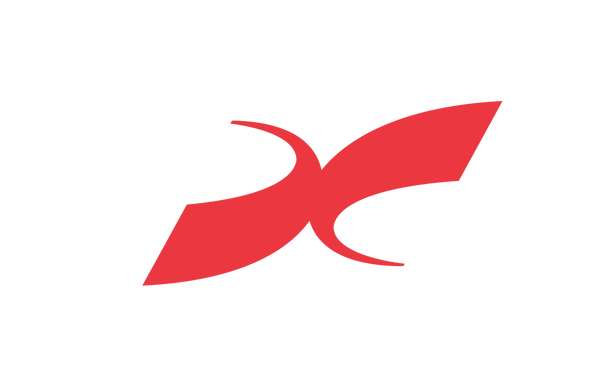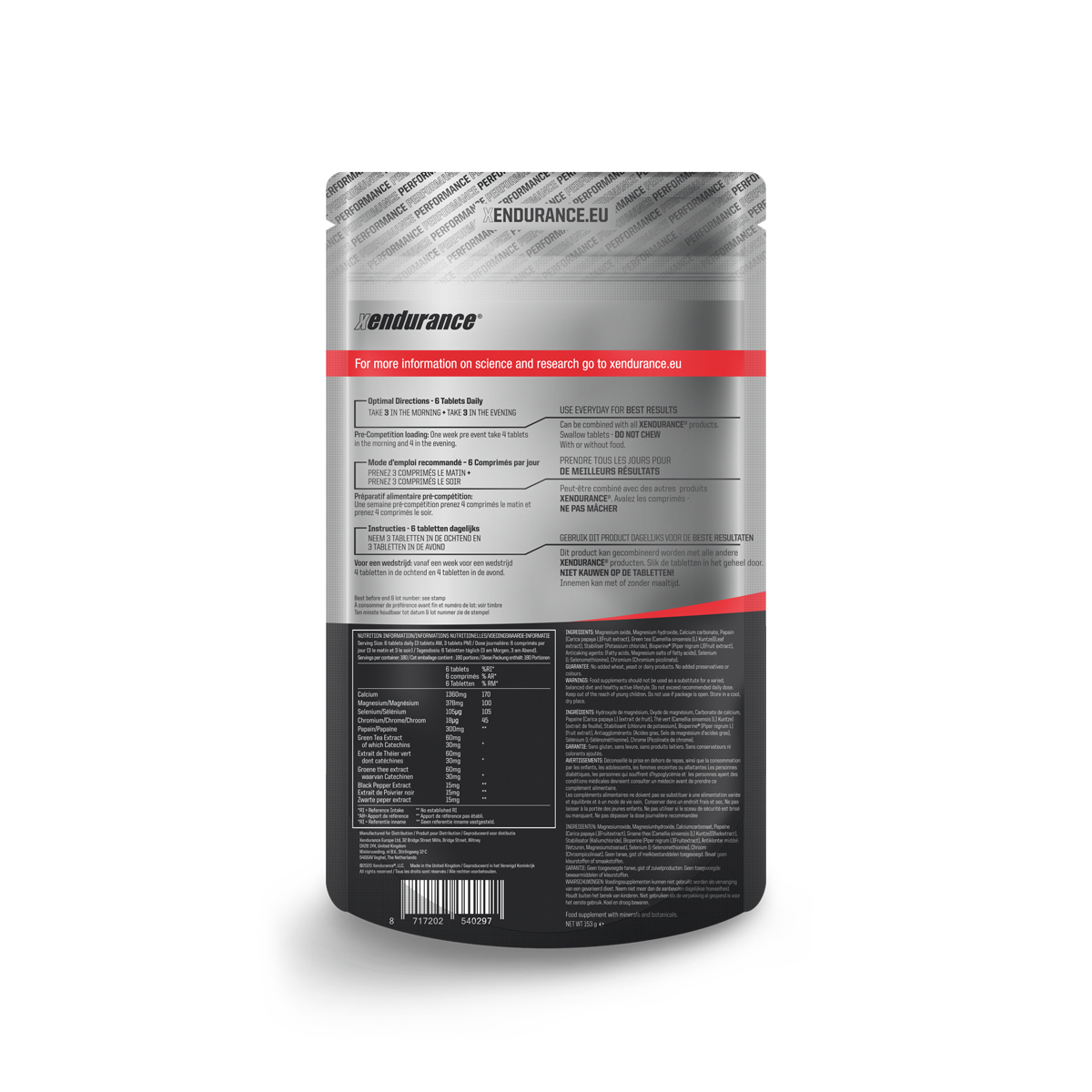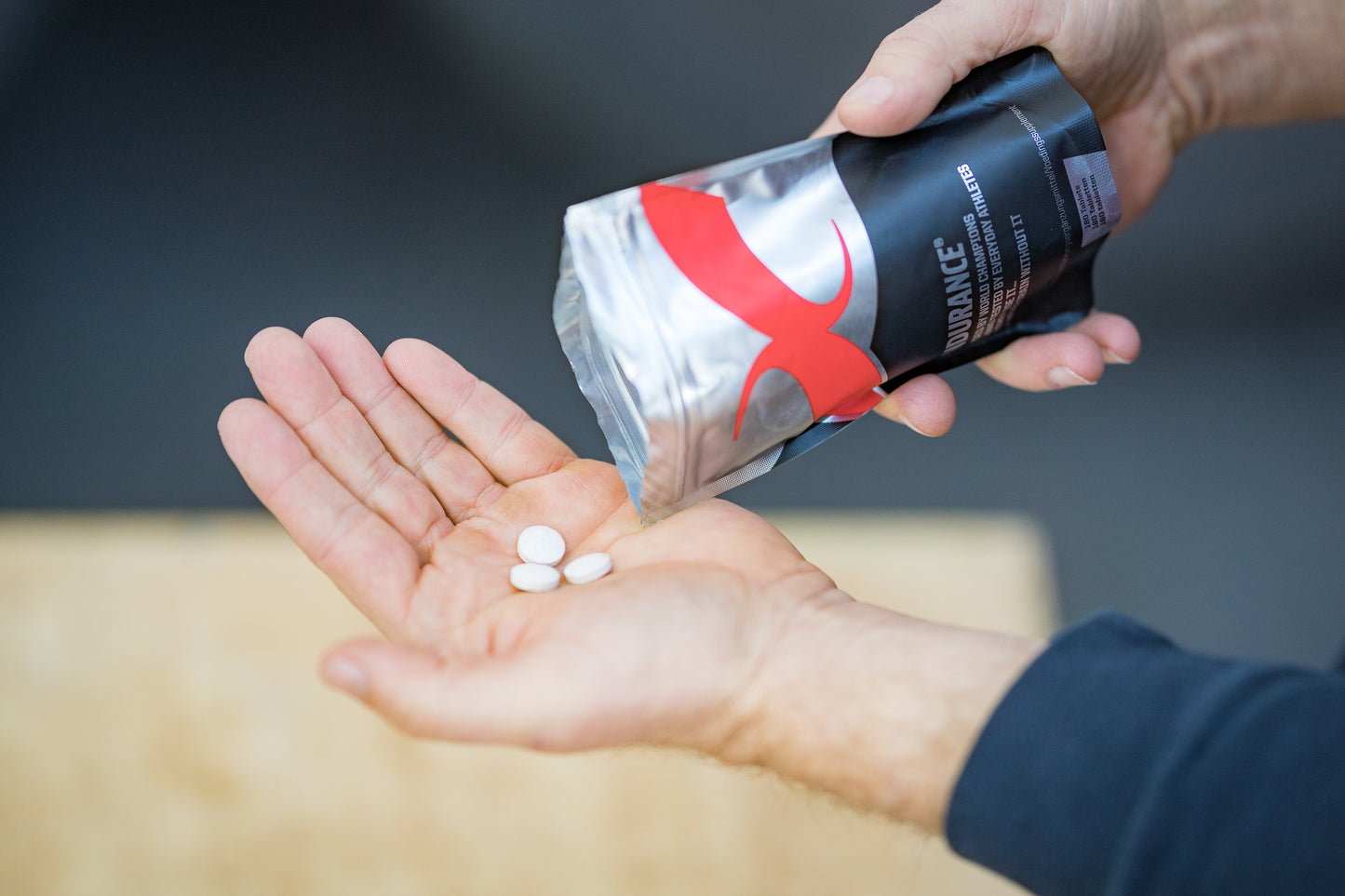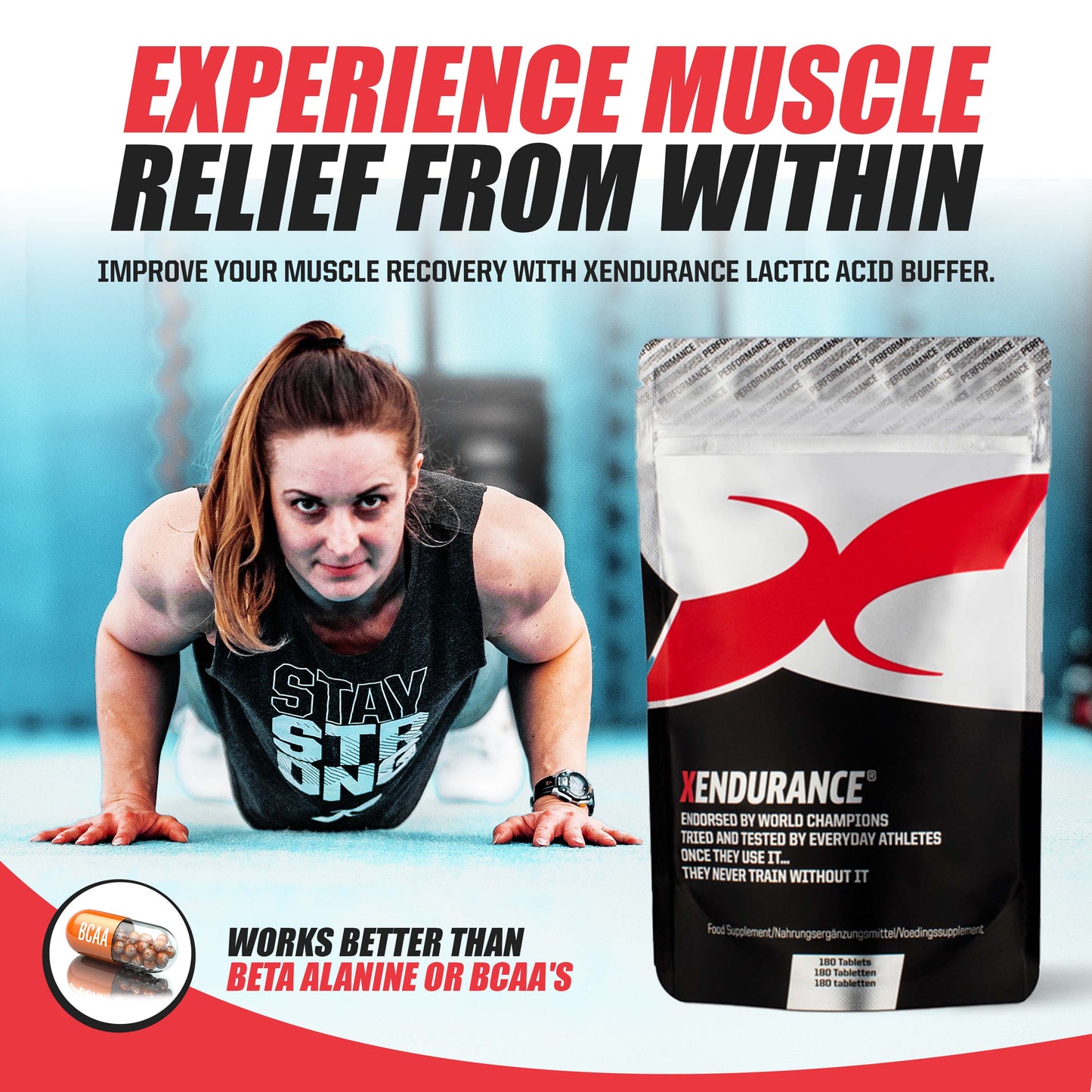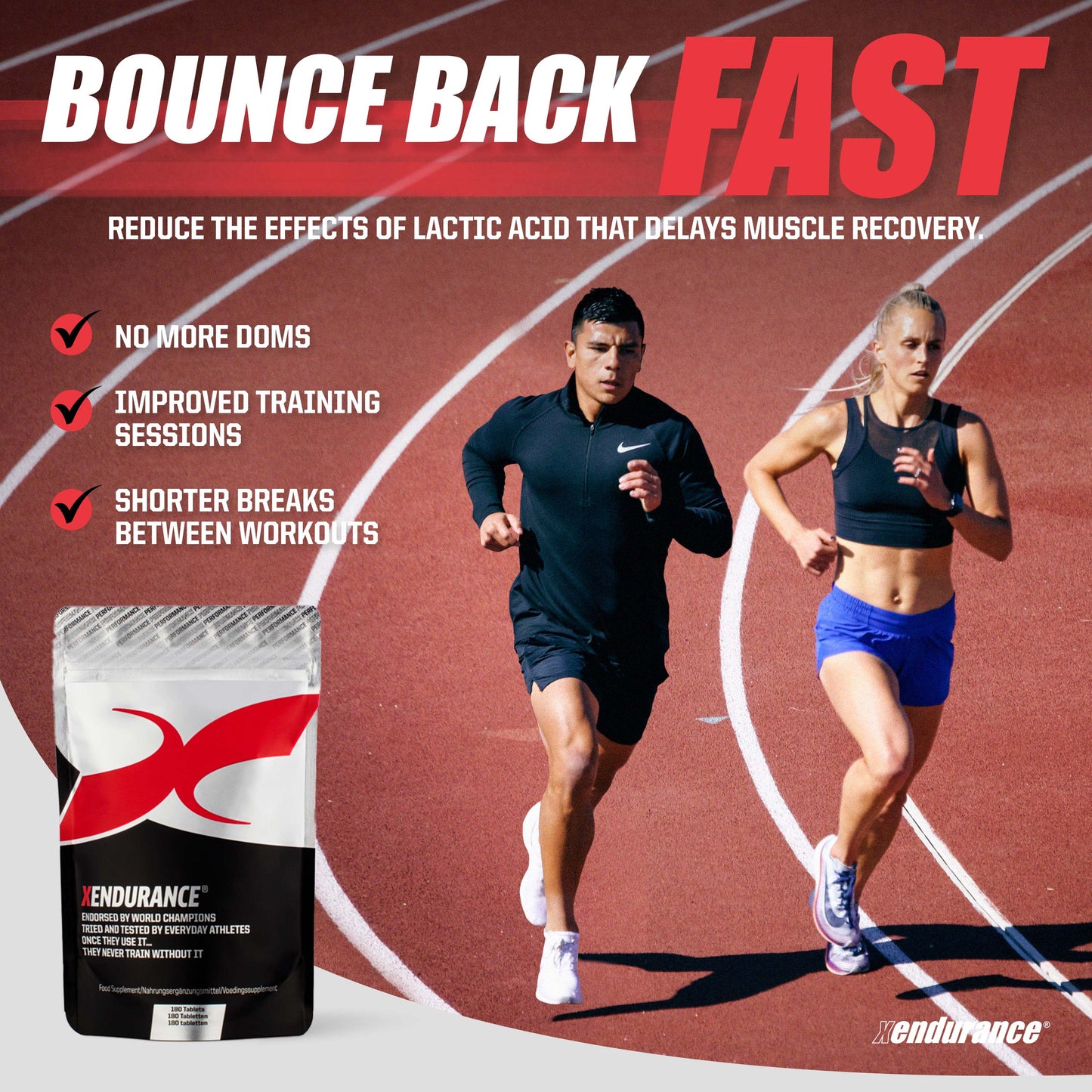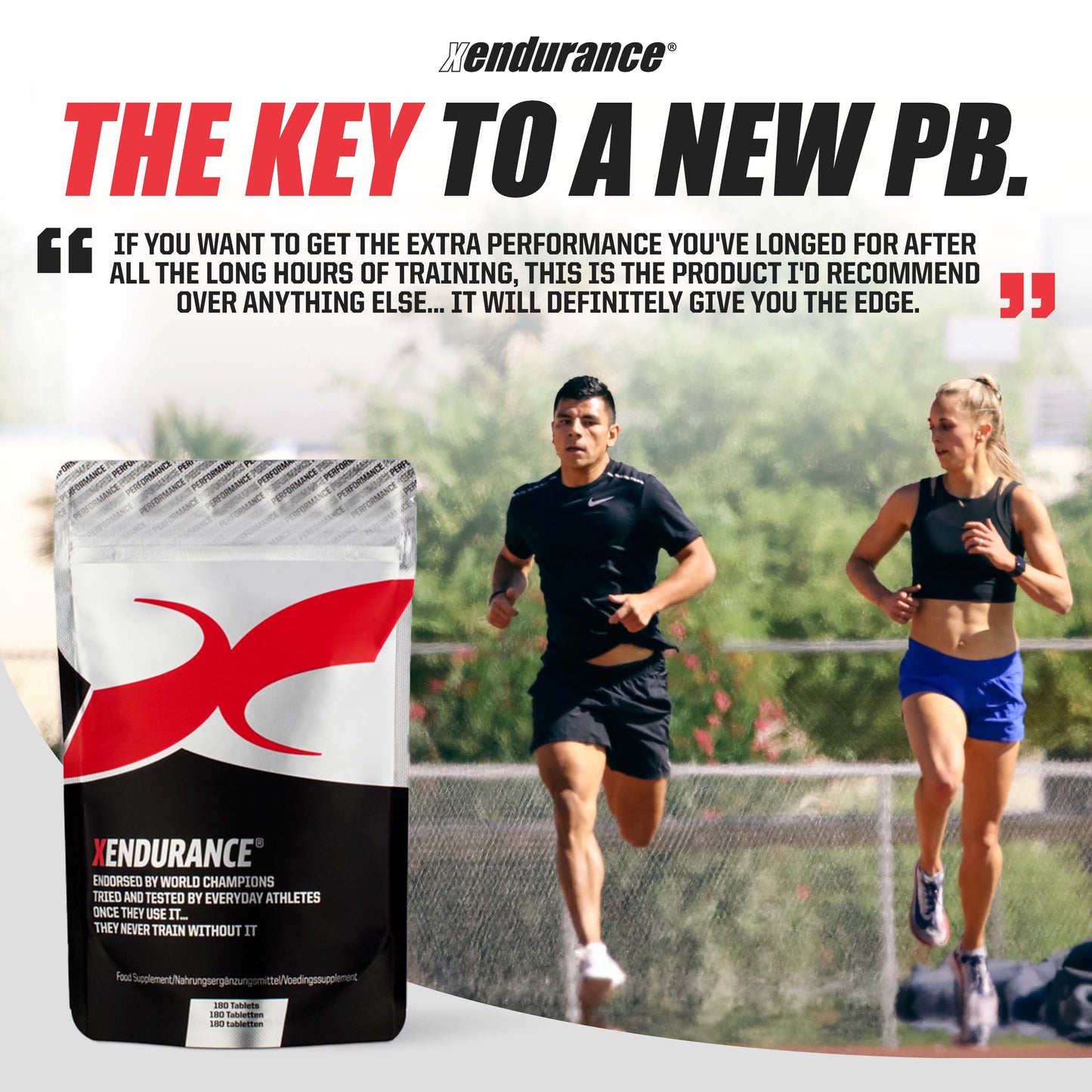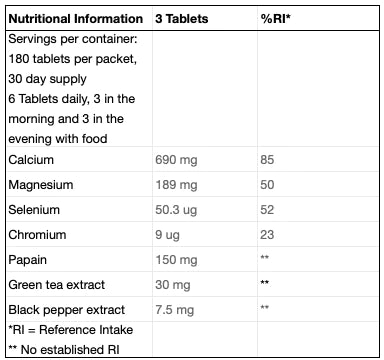Share
As you may have read in my previous blog post I’ve recently started attending cold water immersion sessions and this sparked my interest in cold/cryotherapy in general. That rabbit hole ended with the discovery of the optimal methods of cooling if you want to train harder, race faster or lift more!
Boosting Performance:
When exercising our bodies produce huge amounts of heat. If the climate is cool then we have a well evolved method of cooling; sweating. However, if the weather conditions are hot and even worse humid or if there is inadequate air flow (such as when training indoors) then sweating can become much less effective.
The rise in body temperature causes HR to rise (as more blood is directed to the skin), perceived effort to rise and at high temperatures it can be more difficult for the muscles to make energy too. Ultimately this means reduced performance (slowing down).
So, as athletes looking to perform at our very best, we need an effective strategy to help us out. Research shows that cooling the skin of the face (cheeks), palms and soles of the feet are the most effective in reducing overall body temp. And by doing so it allows for improved performance. This is true for both endurance exercise (a longer time to exhaustion) and resistance exercise (more reps to failure). The research regarding repeated sets of pull-ups with cooling of the palms between sets is simply astonishing! Grahn et al (2012)
The next most effective cooling method would be internally via ingestion of a cold drink or even better a slushie (the fine ice content promotes greater heat loss than pure liquid).
So, in your hotter races/events and indeed training sessions consider preferentially cooling your palms and cheeks in favour of your head, back and torso etc... It is important however not to “freeze’ these areas as anything too cold will cause tightening of the blood vessels (vasoconstriction) and inhibited cooling of the body.
Enhancing Recovery:
As we know, recovery should begin immediately following a training session or race. Cooling the body through ice baths and the like became very popular a number of years ago, however science doesn’t stand still and this is now not thought to be the optimal strategy especially following resistance exercise. Why?
When we exercise certain signals are triggered within the various cells of our body, which initiate changes to be made (fitness to be gained). But while exercise starts this process it is ongoing for many hours afterwards. This adaptive process is beneficial and we don’t want to reduce its effects; after all we truly gain fitness when resting/recovering not when training. However, we also need to recover effectively ahead of other training sessions scheduled for the same or following day.
It has been found that while cooling the whole body does help with soreness after training it also reduces the cellular signaling mentioned above meaning that the full training effect may be reduced. So, just as stated above, this is where cooling the skin of the cheeks, palms and soles of the feet comes in. This results in reductions in core body temperature (which we want) without reducing the fitness benefits of the session (which we also want).
Another method of effectively cooling post-workout is a cold beverage; I’ll leave the choice of chilled protein shake or frosty beer to you!
By Phil Ellison, Senior Coach at Total Tri Training, you can reach Phil by clicking here Or on Instagram @phil.ellison
